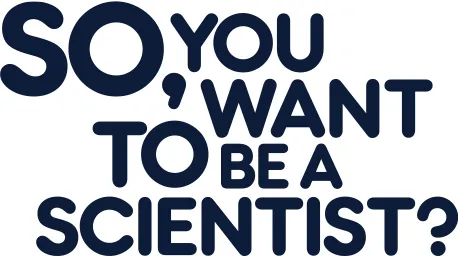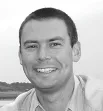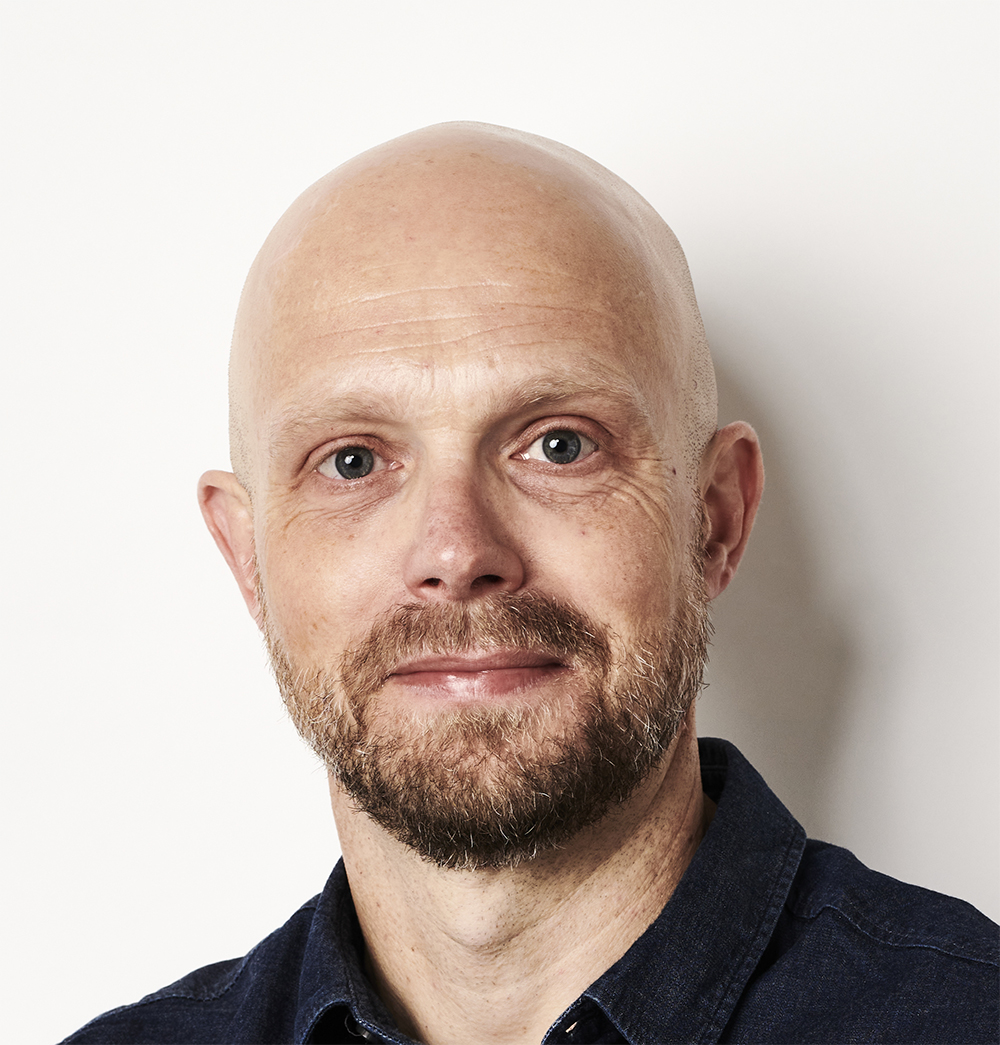
Entries are now open for a new series of So You Want To Be A Scientist?
If you’ve got an idea that you’d love to see turned into real-life experiments, now’s the time to apply to the competition Run by Material World, BBC Radio 4’s science programme.
Finalists in last year’s So You Want To Be A Scientist? included John Rowlands, who researched noctilucent clouds (NLCs).
His analysis of the brightness and regularity of NLCs beat more than 1,300 ideas for experiments sent into the search for an amateur scientist to make it to the finals of the competition.
To enter this year’s competition, you can fill out an online entry form, explaining your idea and how you would carry out research into it.
You have to be over 16, a UK resident, and must not have a professional science qualification like a PhD, or currently work in a scientific field.
Previous science BScs not currently at University are welcome to enter.

After being selected, John Rowlands, left, was put in touch with Prof Nick Mitchell, an atmospheric scientist at the University of Bath.
Together they developed the idea into an experiment to match ground-based observations carried out by John with radar data on the layer of the atmosphere where NLCs form, high in the mesosphere about 80km up.
It was the first time that this link between ground-based observations and scientific data had been made.
It revealed a five-day wave between big NLC displays, which was mirrored in radar data that was used to derive the temperature up in the mesosphere.
The experiment was able to conclude that the five-day wave influences the mesosphere, cooling it down and increasing NLC displays as water molecules there turn into ice. Then, when the other part of the wave comes along and warms up the mesosphere, it suppresses the NLCs.
New entries can be submitted until 31 October.
See here for the full terms of entry.
